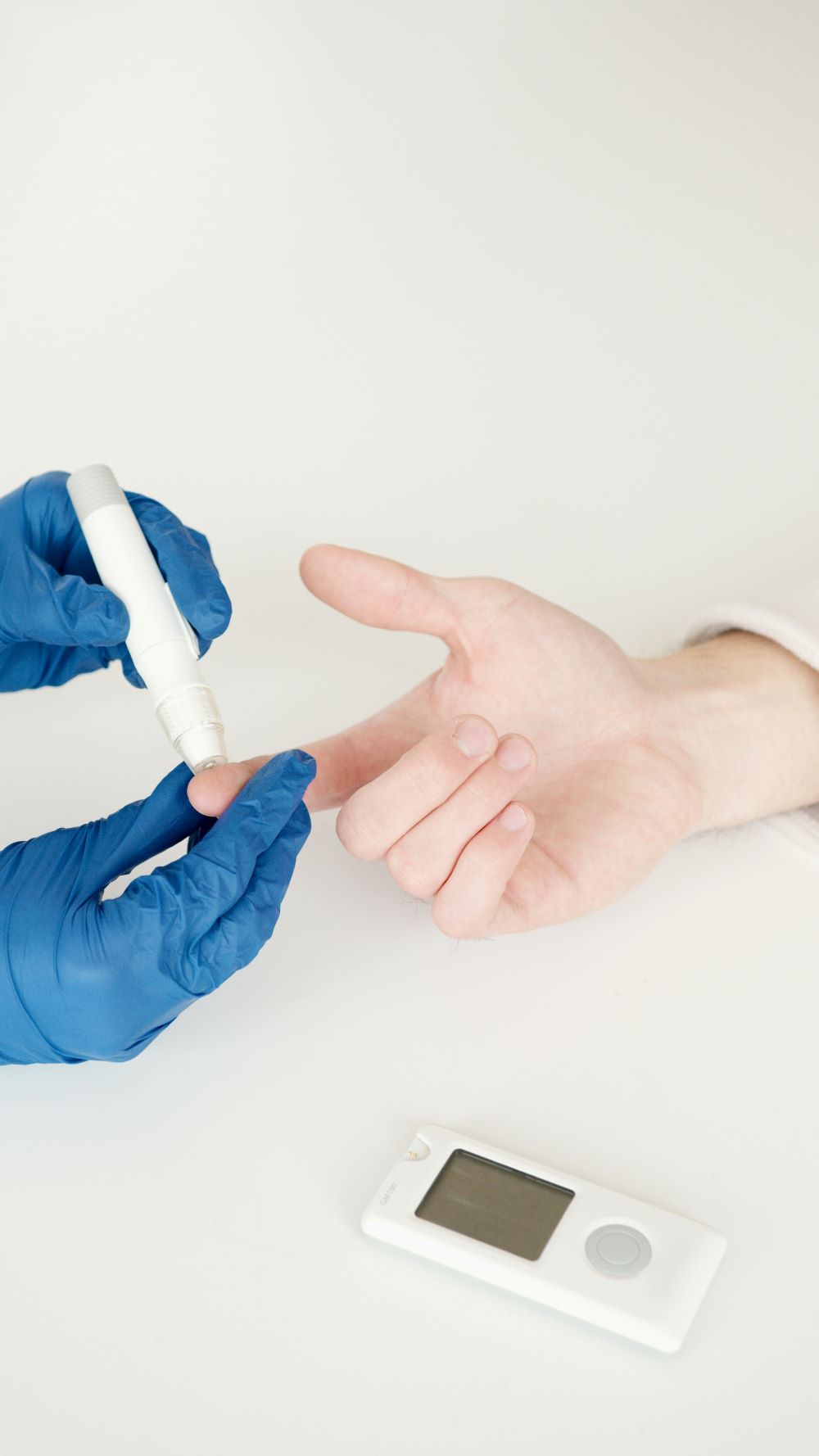Lawsuits abound over the creation of different versions of the same diabetes drugs.
Diabetes, and more specifically, type 2 diabetes, is one of the greatest health threats facing people in the United States today. Millions of people have been diagnosed with type 2 diabetes, and as a result, a long list of diabetic drugs is available on the market to treat the condition. By working closely with a doctor, a patient can wind up with a prescription for a drug that can help them manage their symptoms and hopefully achieve better health outcomes.
Given the massive size of this market, it’s no surprise that plenty of businesses are trying to find a way to grab a piece of the pie. However, when those attempts don’t exactly follow the rules or serve patients in a transparent manner, harm can be done, and lawsuits can result. That’s exactly what is happening currently regarding a specific diabetic drug and the company trying to protect its interests.
Eli Lilly is a huge player in the pharmaceutical space, and this new lawsuit involves one of their biggest drug offerings. The drug, Mounjaro, is an FDA-approved treatment for type 2 diabetes and has been used by countless patients across the country. Legal action is being taken against a range of medical spas and wellness centers, and Eli Lilly is alleging that products being sold by these various businesses do the same thing at Mounjaro.

In question here are compounded products, where companies will produce a compounded drug that is meant to do the same thing as the name brand drug that the company is essentially trying to copy. This is not an issue that is unique to Eli Lilly and Mounjaro, as the same concept has been addressed legally by other large drug companies. For instance, Novo Nordisk filed similar suits, targeting companies that it believed were doing the same things as Ozempic and Rybelsus.
It’s hard to say where the future of compounded diabetic drugs will head, as these kinds of lawsuits can be a serious headwind for the companies that are trying to serve their customers with an alternative to the name brand product. While the big drug companies claim that such imitations put patients at risk, the FDA states that compounders can prepare such drugs if they comply with certain requirements and can fill a need in the market when a shortage exists. There are likely to be many legal battles ahead as everyone fights for territory in a market as lucrative as diabetes medication.
There is a fine line to be walked between providing people with the drugs they need to be healthy and making sure that all of those drugs have been properly vetted, tested, and approved. And, of course, with billions of dollars on the table, everyone in the industry will continue to battle and defend its turf. The outcome of the suit discussed above, along with many others, will continue to shape the drug markets in the years ahead.
Sources:
Diabetes Drug Maker Sues Over Compounded Versions of Mounjaro
Eli Lilly Suing Companies Selling Knockoff Versions of Ozempic-like Drug Mounjaro


Join the conversation!